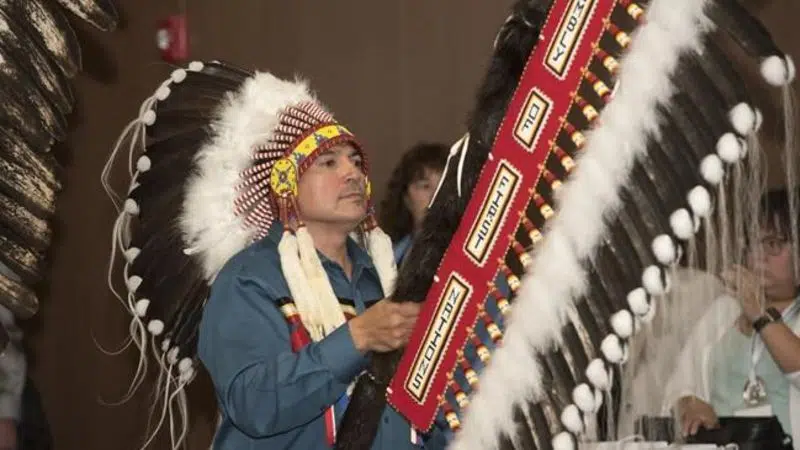
National focus needed on suicide crisis among Indigenous youth: AFN
OTTAWA — The national chief of the Assembly of First Nations is calling on the federal government to make up a national suicide-prevention strategy for young people, with a suicide crisis gripping a First Nation in northern Saskatchewan.
Speaking to a special assembly of chiefs from across Canada that began this morning in Ottawa, National Chief Perry Bellegarde said action must be taken to stop Indigenous youths from feeling so hopeless that they are resorting to self-harm.
“We know that too many of our young ones are taking their lives. And so we say to those young people that you’re special, you are gifted and you’re loved. Never forget that,” Bellegarde said.
“We do call on this government to finally work with (our) leadership and families and people to finally implement a youth-suicide-prevention strategy. That is needed — one that supports all of our young people.”


